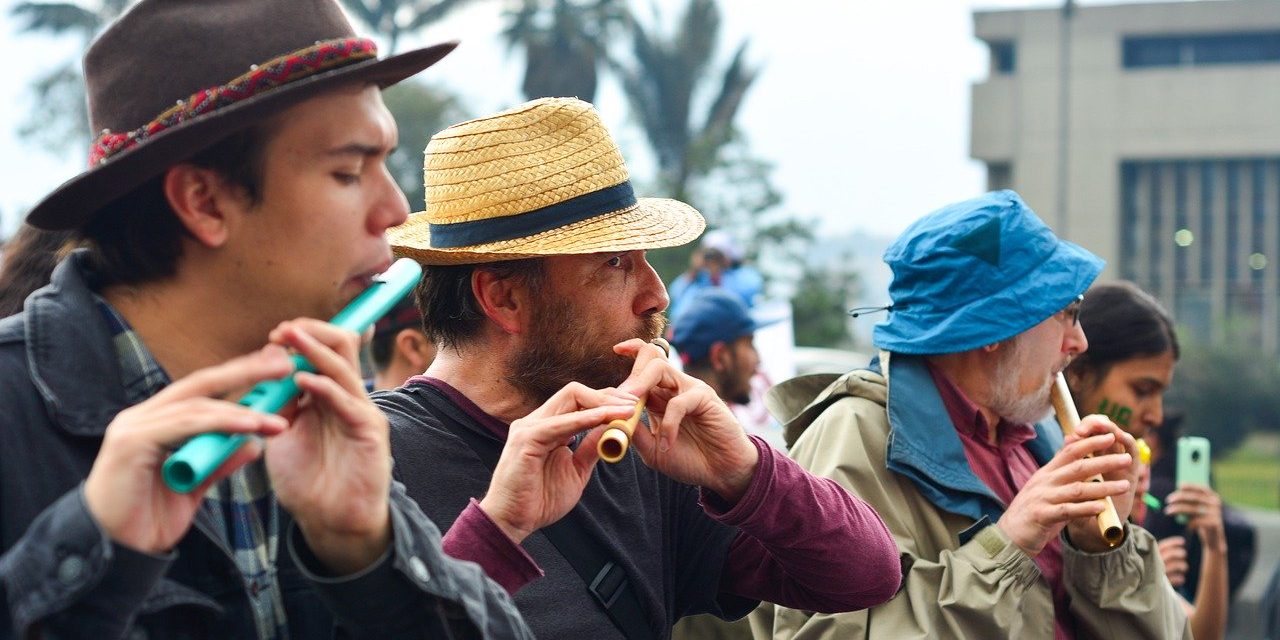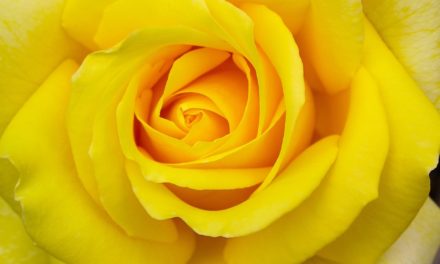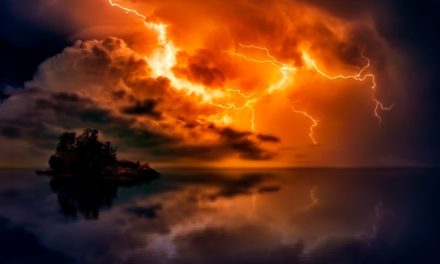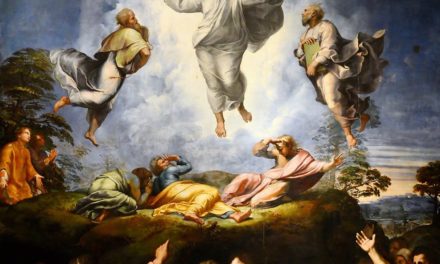You can’t do it alone. Not because you haven’t got what it takes, but because that’s not how things are. We are told the contrary, of course – “Stand on your own two feet! Make something of yourself! Be independent!” But reality whispers another message through every twig and scurrying ant and sounding whale: there is no independence. Everything depends on everything. Everything leans on and affects everything. British physicist Michael Berry has established that the presence of a single electron at the outer fringe of the known universe affects cloud formations you see, and gusts of wind you feel.
All of reality affirms that the concept of independence is a fantasy: no single example of it can be found anywhere. More than that, though, it is a dangerous fantasy. The damage this fantasy promises to visit upon the world is underscored by Joseph Campbell, who associated ‘independence’ with the tyrant of myth, describing him as “the man of self-achieved independence.” The tyrant is obsessed with and devoted to the fantasy of independence. And we as a culture have so thoroughly gravitated to and gathered around the same fantasy that the tyrant’s aspirations have become ours. If you were seeking a phrase with which to represent the American Dream, you couldn’t do much better than to describe it as ‘self-achieved independence.’
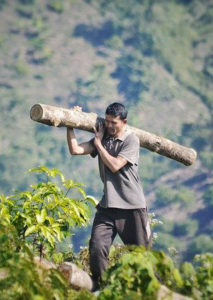 When the tyrant turns his gaze to the world, he sees threats lurking everywhere, and his compulsion is to acquire, possess, and control as much as he can. Diminishing his availability to neighbors or community, he locks the door, shops addictively, and strategizes frenetically. Our secret cravings for independence, just like his, have so deeply shattered our sense of commonwealth or common good that any political candidate who urged, as JFK once did, “Ask not what your country can do for you, ask what you can do for your country,” would be risking political suicide.
When the tyrant turns his gaze to the world, he sees threats lurking everywhere, and his compulsion is to acquire, possess, and control as much as he can. Diminishing his availability to neighbors or community, he locks the door, shops addictively, and strategizes frenetically. Our secret cravings for independence, just like his, have so deeply shattered our sense of commonwealth or common good that any political candidate who urged, as JFK once did, “Ask not what your country can do for you, ask what you can do for your country,” would be risking political suicide.
To appreciate how deeply each of us has internalized the drive towards independence you have only to look at some of our basic relationships. Starting close to home, consider our relationship to the body’s intelligence. That we seek independence from it is demonstrated by the degree to which we live in our heads. When we peer down from the head to notice the body, we often see only its mechanics, ignoring its intelligence. And when we do notice its intelligence, we notice it from afar — we sit in our heads at a safe distance, and ‘listen to the body.’ We have almost forgotten what it means to drop our awareness into its intelligence and merge with it. And we will only remember what that means once we realize that the body’s intelligence is our greatest ally.
Just as we have stopped seeing our body’s intelligence, we have stopped seeing other allies that surround us. The ability to reverse that trend and awaken to their presence provides a direct countermeasure to the fantasy that urges us to stand independent of the world. And they are our allies not because they help us get what we want, but because they help us grow into our wholeness. They are part of our wholeness. I was reminded of this deeper alliance by an interview in The Sun magazine with Robin Wall Kimmerer, a botanist and member of the Citizen Potawatomi Nation. As she describes it, after years of study that culminated in her PhD, she sat among indigenous knowledge holders and “was reminded of what I’d always known in my core: that the primary relationship with plants was one of apprenticeship. I’m learning from plants, as opposed to only learning about them.”
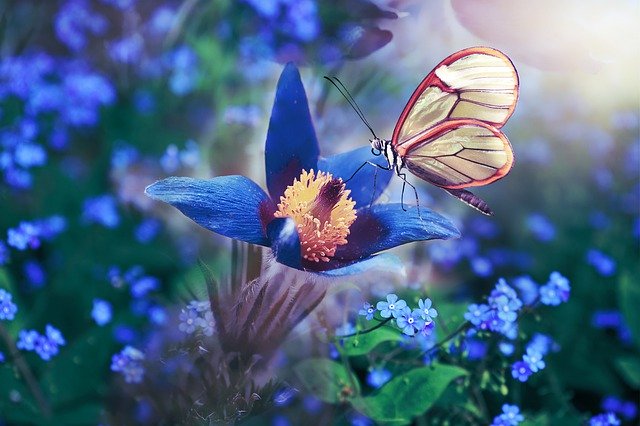
If as individuals we could find the courage to let go of the fantasy of independence — to completely dissolve its hold on us — I believe we would find ourselves living in a completely different world, although it might appear identical. We would inhabit a world of intimate connection, and we would recognize each connection as an ally. We would be surrounded by felt kinship. Allies and kinship would abound, and the reality of the world would be felt through them. The chair on which I sit was fashioned from a tree nourished by the breath of my ancestors, and whose gift of oxygen has nourished me. The person who thwarts my plans helps me dig more deeply into my truth, and become more whole by doing so. The death of a neighbor stirs me afresh to the love I felt for her, and to feel anew the transience and beauty and richness of every bond of friendship – and it also inspires wonder at how each friend lives in who I am.
To find the security of being that can liberate you from the conditioned fantasy of independence is to discover allies in every one of the world’s particulars. When you recognize those allies, you can begin to attune to the felt guidance of the present. With that attunement, you come to experience the present itself as your most intimate ally – and you come to see that your primary relationship with it is one of apprenticeship, wherein you learn from the felt present, as opposed to only learning about it. And when that happens, you can begin to afford the present the devoted appreciation an apprentice affords her master.
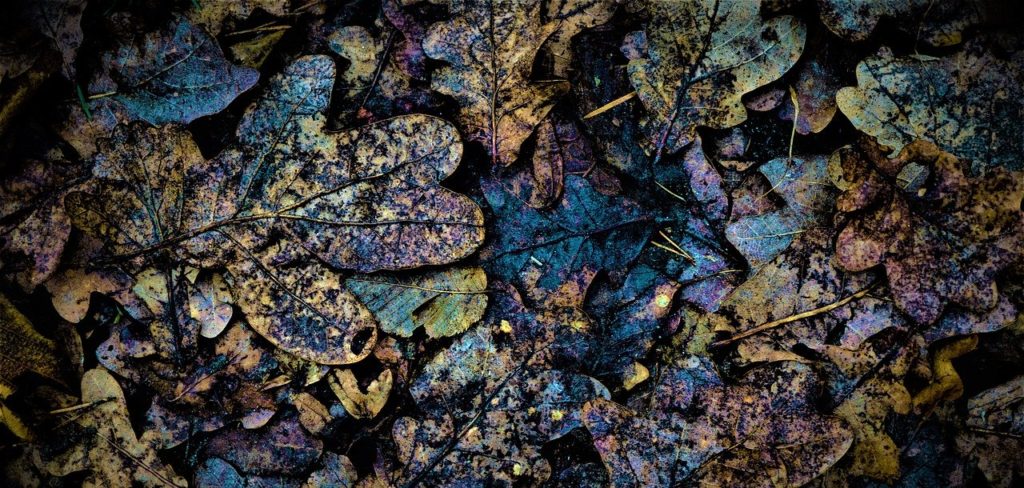

Philip Shepherd’s newest book is Radical Wholeness: The Embodied Present and the Ordinary Grace of Being.

